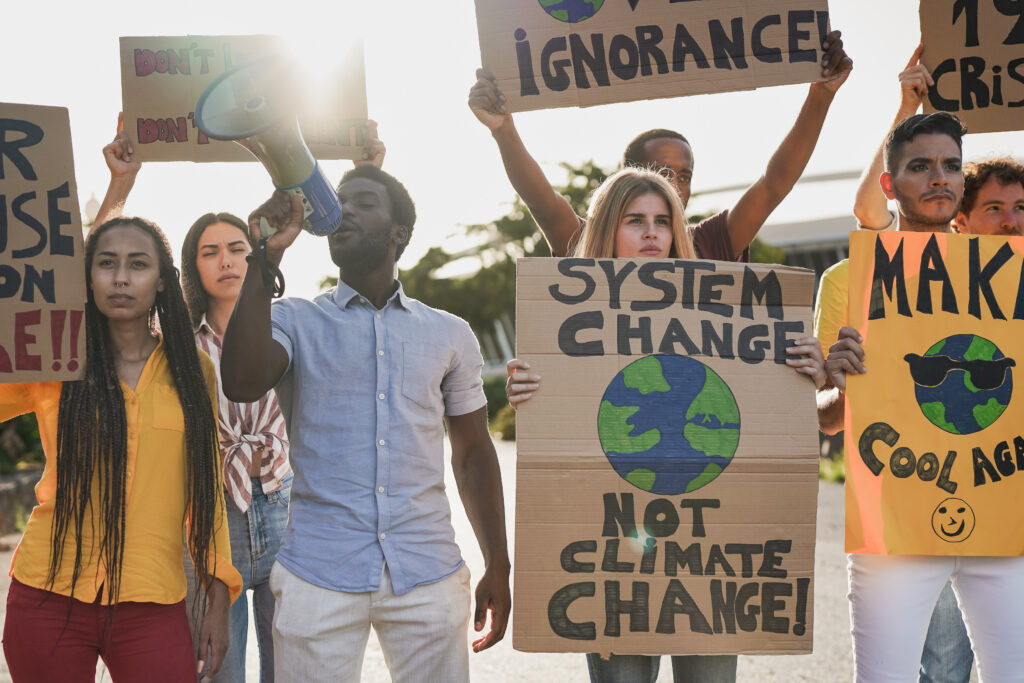The emergence and rapid spread of a new COVID-19 variant has caused alarm among medical professionals, governments and communities worldwide. Much has been said about the latest COVID-19 variant (Omicron) that was detected last November 26 in South Africa:
- The number of mutations linked to the variant makes it more transmissible.
- Patients diagnosed with the COVID-19 Omicron variant have in many cases shown less to mild symptoms – although nothing is conclusive as we are still at an early stage in terms of available data..
- Breakthrough infections are possible in fully vaccinated individuals.
- Symptoms, which generally manifest three days after infection, include cough, fatigue or tiredness, congestion and runny nose.
Amid all the hysteria around the globe surrounding this variant, new information continues to surface almost daily, making it harder to forecast a contingency plan.
In the U.S.A. alone, as per CDC director Dr. Rochelle Walensky, the Omicron variant has already accounted for more than 90% of infections in some parts of the country.
You might ask, why have the effects of the Omicron variant been less severe compared to the Delta variant, considering that the Omicron variant has been labeled as a ‘variant of concern’ and is known to have more mutations? Why is there a need to still be cautious?
Research is still ongoing, but preliminary studies say that it could be because the majority of the population has been vaccinated. There remains a need to be extra cautious because of the possibility for reinfection and to curb the spread, especially with a considerable number of people still unvaccinated – some by choice or due to an underlying health condition.
As of this writing, the CDC reports that only 62.3% of the total US population have been vaccinated, while only 34.9% have received a booster shot.
How will this new COVID-19 Omicron Variant impact our lives in 2022?

The Omicron variant has caused uncertainty among health organizations and government entities, leaving citizens seeking answers:
Despite the recent surge in hospitalizations caused by the Omicron variant, some health professionals remain optimistic that 2022 could see the end of the COVID-19 pandemic.
This may not indicate that Omicron is the last variant, but the hope is that it could be the last variant of concern. In an interview with The Guardian, Dr. Julian Tang said that the virus may well evolve itself out of the pandemic strain and become milder, more transmissible to the point where the only individuals who need to be vaccinated are vulnerable members of the population.
What difference will booster shots make in terms of your protection from the Omicron variant, even if you’re fully vaccinated?
Several studies have shown that the Omicron variant reduces the efficacy of all COVID-19 vaccines compared to the Delta variant. And as with any other vaccine for any disease, over time, the level of immunity it offers will slowly fade, therefore gradually reducing previously afforded protection against infection.
For COVID-19 vaccines, in particular, immunity wanes after around six months – stressing the importance of booster shots to further increase protective antibodies to fight a potentially severe infection.
Booster shots will push those immunity levels back up by activating our body’s B-cells and T-cells — blood cells that generate antibodies that will attack cells that are infected with a virus.
How dangerous is the Omicron variant to children?
By all accounts, much of the recent surge in infections of COVID-19 has been caused by the Omicron variant. Several states across the US have reported an increase of 50% in pediatric admissions caused by the virus for December; in New York City, new hospital admissions were up a staggering 395% as of the week ending December 23, with no sign of the surge abating.
Early studies suggest that there was no evidence indicating that the Omicron variant was more threatening to children than adults, further saying that the Omicron variant is only causing a mild illness in most children. However, this doesn’t mean we should let our guard down. Dr. Rick Malley, a pediatrician at Boston’s Children Hospital, said that: “It’s premature to predict what’s going to happen with Omicron because of its uncanny ability to spread among human hosts, even those who have been fully vaccinated.”
What needs to be done?
Health professionals continue to insist that the solution is to get vaccinated, as well as to adhere to protocols including mask wearing, social distancing – and being tested if symptoms appear.
In a report taken from the Kaiser Family Foundation (KFF), of the 33,000 deaths caused by COVID-19 in November alone, 29,100 of those were unvaccinated individuals; further stating that the majority of these deaths could have been prevented, considering that a CDC study has shown that vaccines are 91% effective in preventing severe COVID-19 infections.
New York City mayor Bill de Blasio continues to urge residents to heed calls to be vaccinated, stressing that the basics really matter – everything from washing your hands, wearing a face mask, and continuing social distancing.
He also went on to say: “Whatever we’ve seen, every single time, the answer has been vaccination and going deeper and deeper into vaccination. We still need to maximize vaccinations… that would be my summary on how to approach things.”
Timely testing also remains one of the most important weapons in the fight against rising infections.







